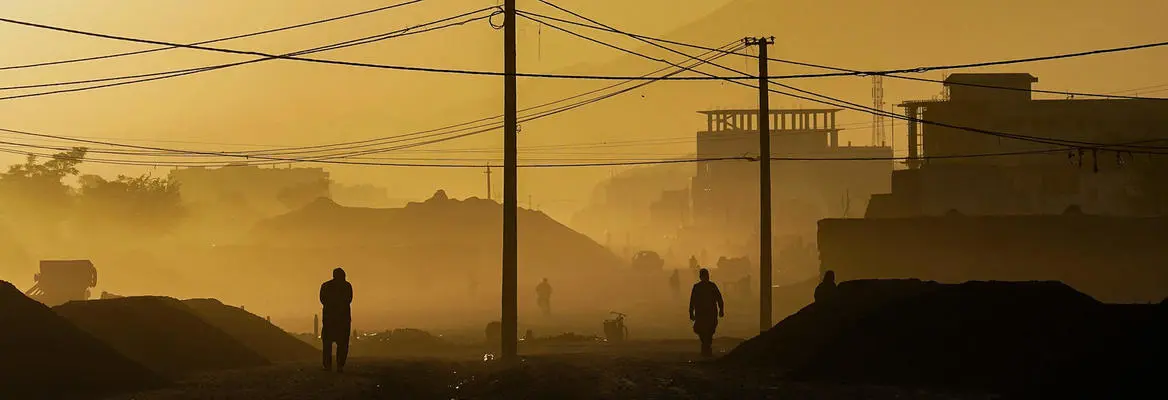After 20 years, Biden finally got the US military out of Afghanistan. Even though it can seem to signal the end of an era for US interventionism, this couldn’t be further from the truth. Leaving Afghanistan is simply a necessary step in America’s new chapter of interventionism in China’s neighbourhood, argues Hew Strachan.
What was shocking about President Biden’s decision to withdraw US troops from Afghanistan was not the decision itself, but that it took all his partners unawares. Within the United States, neither the State nor the Defense Department expected it, and nor did the US’s NATO allies or – most importantly - the Afghan government. For all of them, wishful thinking had replaced objective considerations. They suppressed from their collective memories what Vice-President Biden had said in 2009. He saw the war in Afghanistan not as a counter-insurgency campaign to build a better state but as a counter-terrorism mission to break the link between al Qaeda and the Taliban. He opposed the ‘surge’ even on the terms set by Obama in 2009, a push more limited in duration and in troop numbers than the generals wanted. Over a decade later, on 14 April 2021, after he had become president himself, Biden declared that the counter-terrorism mission had been accomplished.
Biden’s framing of the war in Afghanistan as a war on terrorism, not as a nation-building exercise or a humanitarian attempt at spreading democracy, might seem to signal the end of an era of American military interventionism. But that conclusion would be premature. After all, Biden has gone out of his way to refurbish America’s global image, seeing it as a way of promoting his country’s interests. The US is not ending its era of military interventions, it’s changing their geographical focus. In shifting from global counterterrorism back to great-power competition, America has moved its attention from the Middle East and Central Asia to China and the western Pacific. That does not mean that Afghanistan won’t come back to bite the US. If the Taliban succeed in overthrowing the Afghan government, the reputational damage will be lasting, and could even revitalise global terrorism.
Biden’s framing of the war in Afghanistan as a war on terrorism might seem to signal the end of an era of American military interventionism. But that conclusion would be premature.
American foreign policy since Barack Obama’s election in 2008 has been marked by more underlying continuity than is allowed for by much of the rhetoric. Obama made clear from the outset his desire to end the wars in Iraq and Afghanistan. He had followed through on the first of those resolves by 2011, despite the warning that he was acting too soon. In January 2012 he announced the US ‘pivot’ to the Pacific and Asia, so prioritising the threat from China over the security of Europe or global terrorism emanating from the Middle East or Afghanistan. Under Donald Trump, especially when Jim Mattis was Defense Secretary, the broad contours of US strategy followed these same preferences. When Biden succeeded Trump, he abided by Trump’s plan for withdrawal from Afghanistan and continued to prioritise the challenge from China.
Shifts in US foreign policy have more often been about form than substance. The voice of America has sounded different as presidents have rotated but much of the message has been the same. Trump’s tweets commanded headlines which crowded out more reflective analysis. The focus on personality obscured the weight of geography and national interest. Less changed in 2016, when Trump succeeded Obama, or in 2020, when he gave way (however gracelessly) to Biden.





















Join the conversation